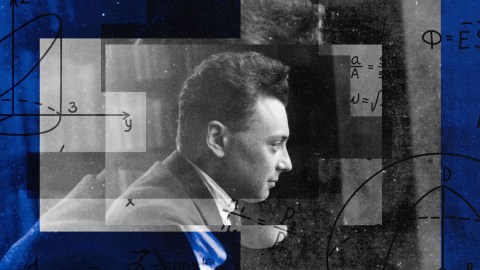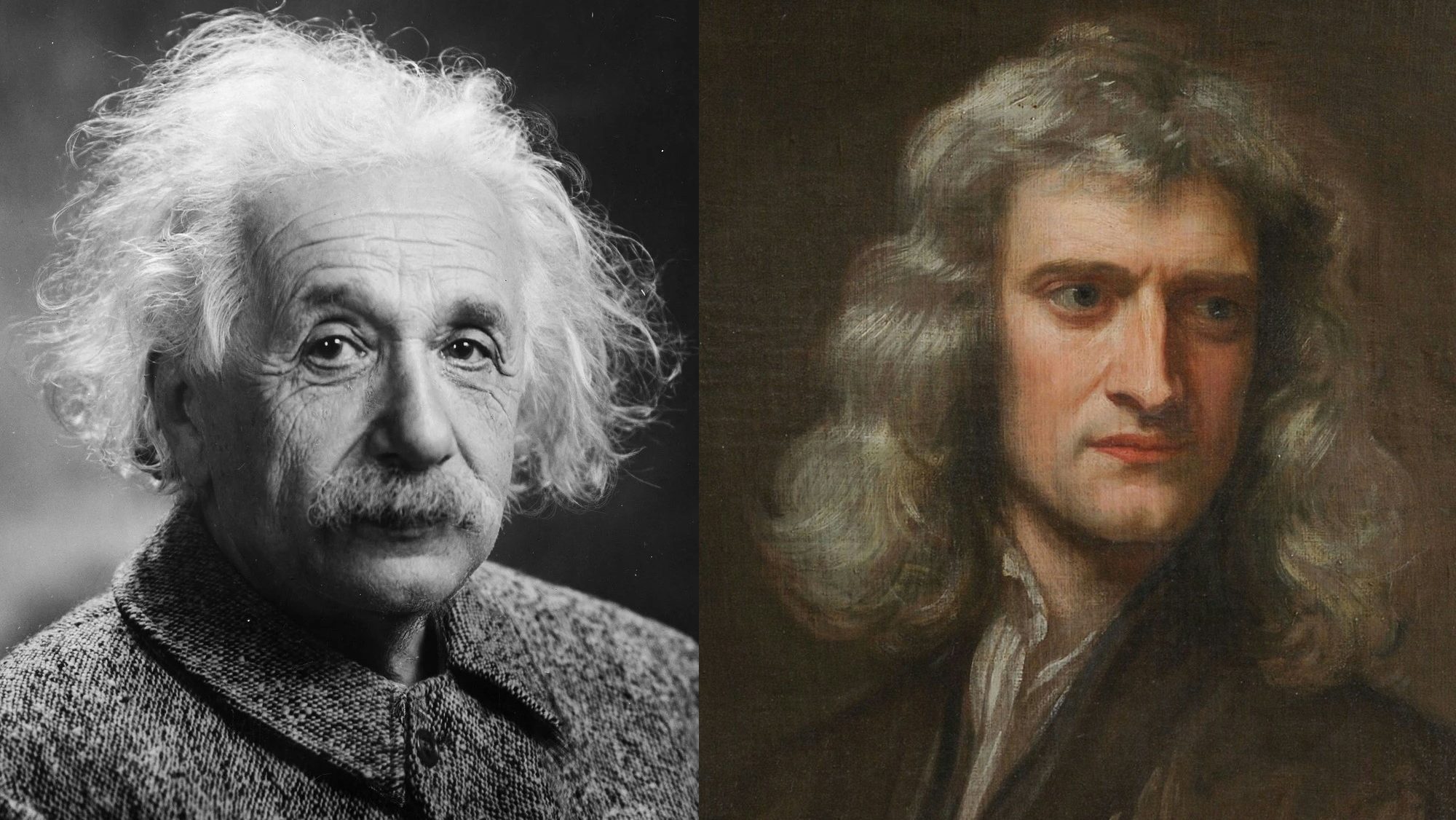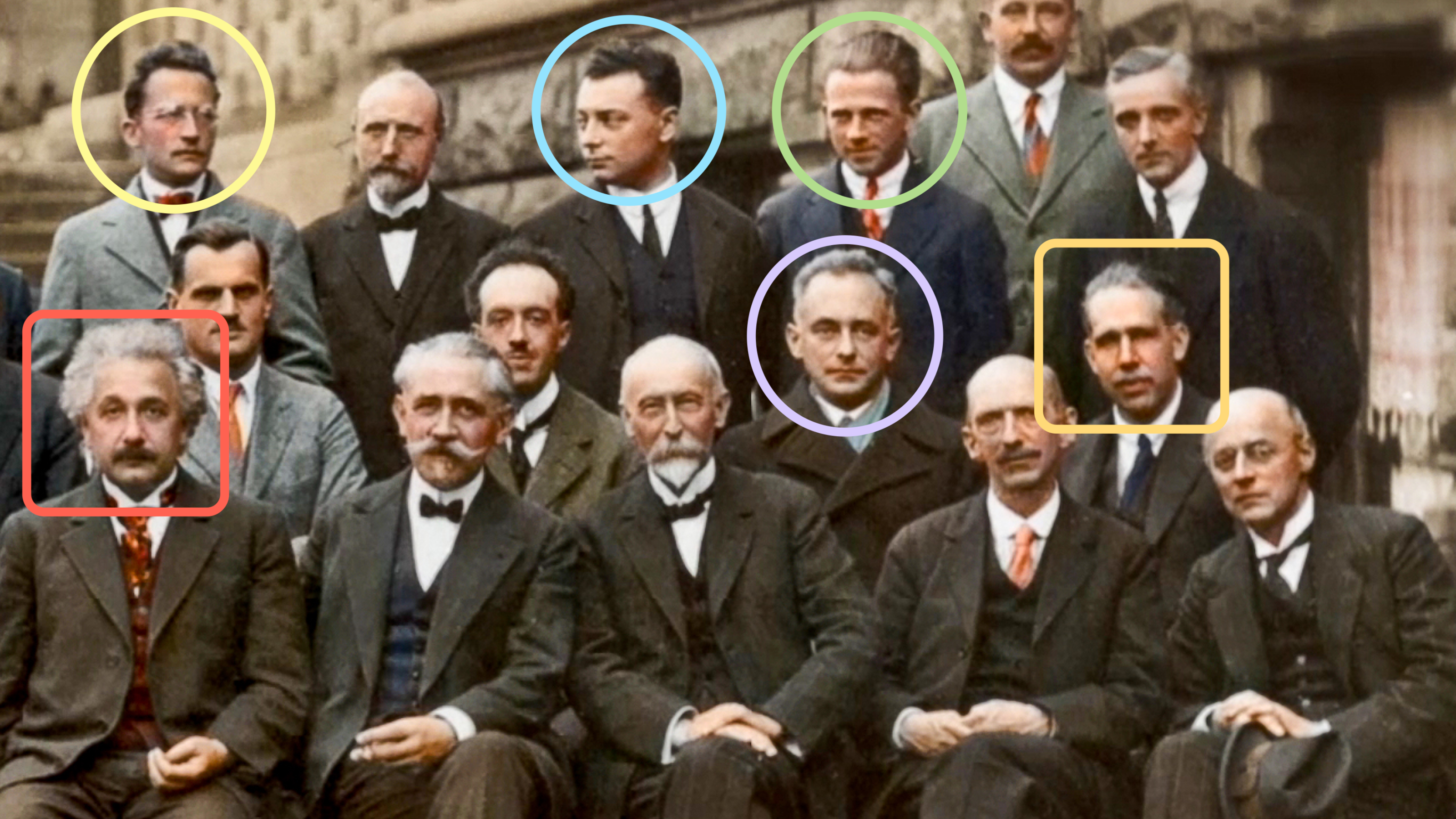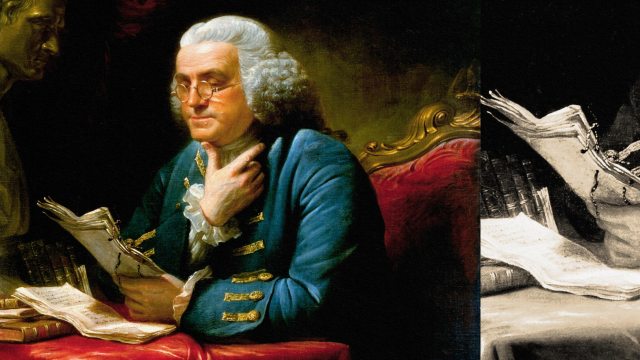The “sharp-tongued” physicist who everyone was scared of

- Wolfgang Pauli was a brilliant physicist who won the 1945 Nobel Prize in Physics.
- He could also be a harsh critic of people and ideas he deemed nonsense.
- However, other theoretical physicists seemed to enjoy his honesty and developed lasting friendships with him.
The history of theoretical physics is chock-full of quirky characters with eccentric personalities. To travel down mind-bending mathematical and universal rabbit holes, one must be a bit mad, after all.
One of those personalities belonged to Austrian theoretical physicist Wolfgang Pauli. Among his many contributions to our fundamental understanding of reality, Pauli predicted the existence of the neutrino in 1930, which was subsequently discovered 26 years later. He also formulated what would later become known as the Pauli exclusion principle, for which he would be nominated by the illustrious Albert Einstein for a Nobel Prize in Physics. Pauli won the award in 1945. The principle states that two or more identical fermions (particles with half-integer spin like an electron, proton, or neutron) cannot occupy the same quantum state within a quantum system simultaneously.
Pauli’s discoveries are what he’s most regarded for publicly, but within the theoretical physics community of the early to mid-20th century — which included legendary thinkers such as Albert Einstein, Paul Ehrenfest, Freeman Dyson, Paul Dirac, Richard Feynman, Werner Heisenberg, and Robert Oppenheimer — Pauli was both revered and feared as a biting critic that held everyone accountable for their ideas, protecting the integrity of theoretical physics as a whole.
Pauli was known for policing novel theories, making sure that they were coherent and would enhance the discipline. When attending lectures that did not live up to those standards, he could be scathing. “What you just said was so confused that one could not tell whether it was nonsense or not,” he often said. Pauli eventually distilled this critique to a now-famous aphorism: “This isn’t right. This isn’t even wrong,” he would say of balderdash ideas.
He also saved sharp rebuttals for physicists who would publicize novel concepts before they were ready. “I do not mind if you think slowly, but I do object when you publish more quickly than you think,” he proclaimed.
Pauli often elected not to publish his own ideas in scientific journals, choosing instead to present them in personal letters to his friends and colleagues, who, in turn, circulated them.
Though Pauli could be rather cruel to his colleagues — or, at least, to their ideas he found fault with — they generally liked him. Freeman Dyson’s account of meeting Pauli exemplifies this well:
“He had nasty things to say about almost everybody. I remember the very first time I met him at a conference in Zurich. He was talking with a whole group of people about Julian Schwinger, who had just come to Switzerland. Schwinger was a brilliant young American who had done some very fine work. He was a rival of Feynman; they were the two geniuses then. Pauli was saying that Schwinger told us all this stuff that actually made sense, not like that nonsense Dyson has been writing. At that point I came walking up with a friend of mine, Markus Fierz, who was also a Swiss scientist. With a twinkle in his eye, Fierz came up to Pauli and said, “Please allow me to introduce you to my friend, Freeman Dyson.” Pauli said, “Oh that doesn’t matter. He doesn’t understand German.” Which of course I did. That was a good beginning and we were friends right from the very first day.”
Historian of science Jagdish Mehra recalled some of the “nasty” things Pauli would say about his colleagues in a conversation with Nobel Prize-winning physicist Richard Feynman:
“About Oppenheimer, Pauli had said: ‘He always acts like the caricature of God in action!’ About Hermann Weyl: ‘One must first penetrate his façade in order to understand his thoughts.’ About Leon Rosenfeld: ‘He is the choirboy of the Pope [Niels Bohr]!’ About Freeman Dyson: ‘Everyone wants to learn something from me; no one wants to teach me anything. I had hoped Dyson would do it, but he’s only a mathematician!’ By now, Feynman was becoming quite eager: ‘Did you ask Pauli about me?’ I said, ‘Yes.’ ‘Well, what did he say?’ I replied, ‘When I asked Pauli what he thought of you, he was amused, and replied, “Oh, Feynman, that Feynman, he talks like a gangster!”‘ This story made Feynman’s day; nothing could have pleased him more.”





